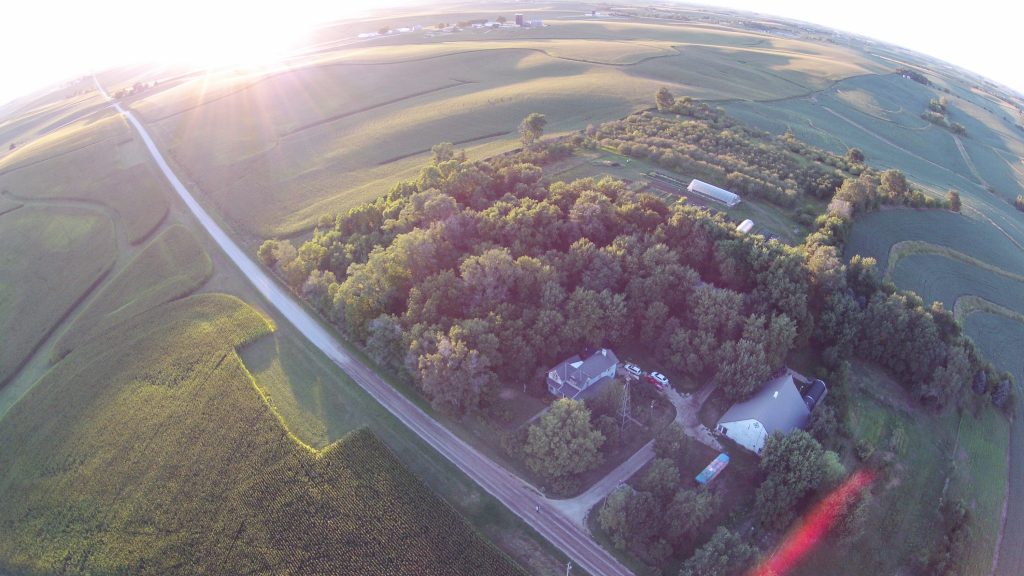In 2021, ActionAid USA published our landmark report on corporate consolidation in agriculture – “Bigger Is Not Better: The High Cost of Agribusiness Consolidation” – and corporate control of food and farming was worsening climate change and destroying rural communities and economies. Agribusiness corporations are designed to maximize profits, revenue, and control, and as the U.S. government has watered-down and removed important regulations and protections for family farmers, rural communities, and eaters, the damage has been disastrous.
Last year, we published a policy brief on the growing corporate control over farmland – “The Financialization of Farmland: A Threat to Family Farming, Rural Economies, and Climate Action” – which will continue agribusiness expansion at the cost of our climate, our land and water, and our rural communities and ways of life.
But these reports aren’t as effective as hearing from farmers and rural people in their own words.
We are really happy to launch our new stories project to show what it’s really like to be a family farmer in farm country and to show the real root causes of the problems. These stories show what the everyday situation is for farmers producing staple crops like corn and soybeans and trying to raise livestock like pigs and cows. These family farmers, which were once the basis of the rural economy in Midwestern states and still are featured in children’s books about farming, are almost all gone now, swallowed up by “Get Big or Get Out” farming that forces farmers to compete against each other, and dominated by the agribusiness corporations that pay farmers far less for their product than what it is worth.
These stories are critical right now. For the first time, there are less than 2 million farmers in the U.S. (though there are several million more landless farmers working on big, corporate farms) and unlike in past generations, when peoples’ grandparents may have still lived on the farm, few people now have any connections to a farm or to rural areas. As rural and urban areas are increasingly divided politically socially, economically, and culturally, misconceptions are growing about what happens in rural areas.
At the same time, more people than ever understand the problem of industrial agriculture and are more aware of where their food comes from. They buy organic food if they can and assume that it is farmers’ fault that we still have destructive agriculture. They don’t realize that farmers are stuck in this system.
We have taken steps to work on this before, creating a publication on why biofuels policies aren’t a solution for farmers and created multiple videos featuring Iowa farmers talking about how corn ethanol was only supporting agribusiness. We are happy to have worked with the National Family Farm Coalition on all of these projects and to have been able to feature their members and leaders.
Since its founding in the 1980s, at the height of the Farm Crisis, the National Family Farm Coalition has always identified the power of agribusiness corporations as the biggest problem for rural people and communities. These stories show how agribusiness corporations are destroying real livelihoods in real communities and rural environments.
Please read and share:
- How Corporate Consolidation Affects Livestock Farmers’ Everyday Lives
- How Corporate Consolidation Affects Row Crop Farmers’ Everyday Lives and Decisions

